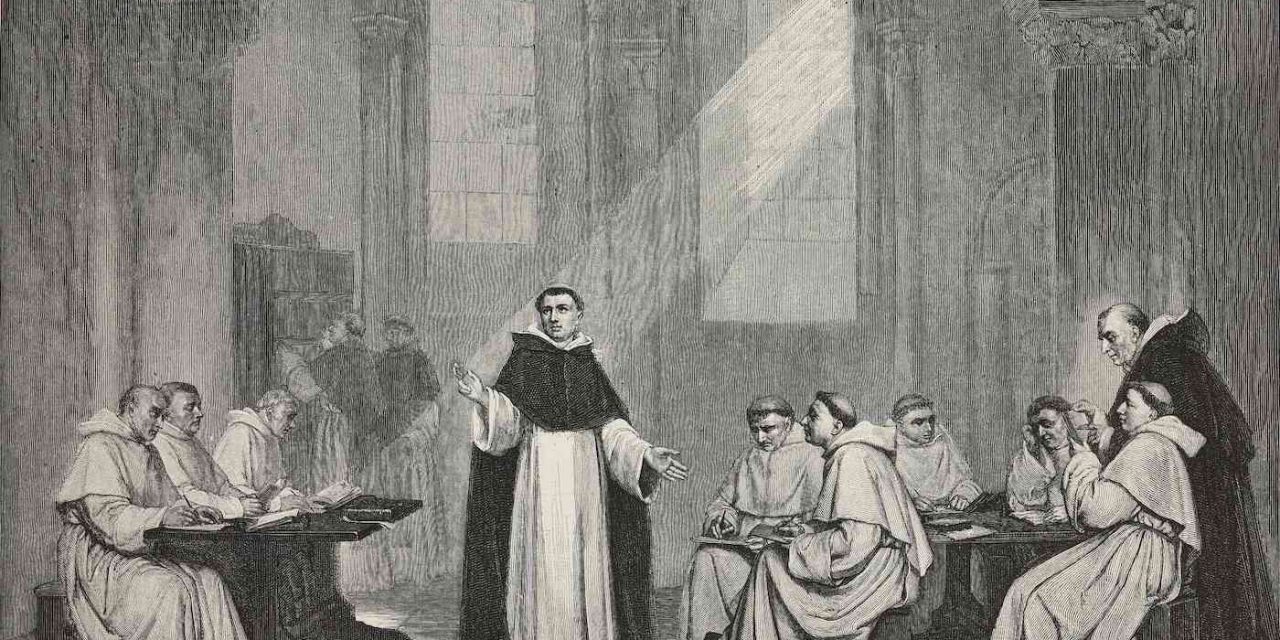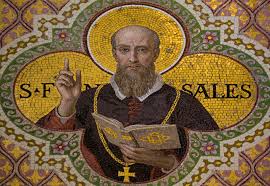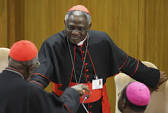Every other Monday, New Wine New Wineskins posts abbreviated versions of papers given at the annual NWNW conference in July. This week, Stewart Clem shares from his presentation on natural law and the disciplines of ethics. The following is adapted from his recent article on the subject, “Christian Ethics, Religious Ethics, and Secular Ethics: A Contemporary Reappraisal,” which appeared in a special 50th-anniversary series of the Journal of Religious Ethics, reflecting on religious ethics as a field and discipline.
The concept of natural law is often associated with the Catholic moral tradition. Why, then, did Stanley Hauerwas once refer to Reinhold Niebuhr—one of the most well-known Protestant thinkers of the twentieth century—as a natural law thinker? Although he concedes, “Niebuhr criticized the Catholic natural law tradition for ‘absolutizing the relative,’” Hauerwas believes that Niebuhr represented the many Christian social ethicists who “felt it necessary to find ways in which their ethical conclusions could be separated from any theological framework.” For Hauerwas, this is sufficient to characterize Niebuhr’s ethics as a natural law ethics. By this measure, natural law is simply a description of moral reasoning that claims to be universal and does not depend on any theological commitments.
Hauerwas’s characterization of natural law is not entirely unwarranted. Many Catholic moral theologians have described the demands of morality as entirely accessible to natural reason. On some accounts, the seemingly stricter demands of the Christian faith, such as the teachings found in Jesus’s Sermon on the Mount (Matthew 5-7), do not belong to domain of morality but rather to the domain of spirituality. Servais Pinckaers, OP, in The Sources of Christian Ethics, notes that this view is so pervasive in 20th century Catholicism that it could be considered the “Catholic” (with scare quotes) interpretation of the Sermon on the Mount.
If Christian morality is essentially summed up in the Ten Commandments, or even more succinctly in the Golden Rule (“do to others as you would have them do to you”), then it would seem that what we can know about morality through the natural law and what we can know about morality through divine revelation are coterminous. If Christian morality and natural law are coterminous, then Christians—whether Catholic or Protestant—should be able to translate their commitments into the language of secular ethical discourse without any difficulty. This is why Niebuhr’s project was able to gain traction, according to Hauerwas: “Niebuhr’s views prevailed for no other reason than that they were more in accord with the changing social and religious situation in America. American society was increasingly becoming a pluralist and secular society.” On this account, all the moral teachings of Christianity can be transposed into a secular register; those that cannot be transposed are not in fact moral teachings, but instead offer spiritual guidance. Needless to say, this is an account of Christian ethics that many theologians—including those who share Hauerwas’s theological commitments and many who do not—would reject.
The problem with this account, whether described by its defenders or its detractors, is that it grossly distorts the natural law tradition in Christian moral thought. As scholars such as Stephen Brock, Russell Hittinger, Jean Porter, and others have argued, the development of natural law reasoning within Christianity is profoundly theological in character. It was not developed in order to bifurcate secular and religious reasoning. To the contrary, it was developed in order to unify (but not conflate) the various sources of moral wisdom. For Thomas Aquinas and other scholastic theologians of the High Middle Ages, the justification for such a project is grounded in the fact that truths known by revelation and truths known by natural reason both have God as their source.
The fact that the natural law and the moral teachings of scripture are derived from the same source does not mean that they are interchangeable, however. For the scholastics, they are distinct sources of moral wisdom, with scripture helping us illuminate the natural law and vice versa. For example, the text of the Holiness Code (Leviticus 17-26) in some places reflects basic natural law precepts, but it also contains many precepts that are highly specific to the life of ancient Israel. Some contemporary readers may be surprised to find that Thomas Aquinas describes even the so-called ‘ceremonial’ laws of the Old Testament (which, according to many interpreters, are wholly distinct from the moral laws found in the Old Testament) as determinations of the natural law (Summa theologiae I-II, Q. 99, A. 4). On this model, the natural law can help us extend our moral reasoning beyond what is explicitly stated in scripture, and, by the same token, scripture can help us clarify the finer points of the natural law. The scholastics’ confidence in this reciprocal relationship was grounded not least in the observation that scripture itself appears to acknowledge the reality of natural law (see Romans 2). The impetus for the development of natural law within Christian moral thought was not to describe the demands of morality in a non-theological register. It was a theological endeavor through and through.
One upshot of this analysis is that the use of natural reason to discern the natural law cannot be described as ‘secular.’ The medieval scholastics thought it valuable that the natural law could provide a vocabulary for certain basic moral principles across cultures, but we must keep in mind two important features of their approach to the natural law. First, they did not presume that the precepts of the natural law, at least those accessible to unaided human reason, were exhaustive of Christian morality. Second, their interlocutors were philosophers and theologians of specific faith traditions, namely Islam, Judaism, and other Christian sects that they deemed heretical. In other words, they did not perceive themselves to be transposing Christian morality into a theologically neutral or secular key. They never would have thought to ask themselves what makes Christian ethics distinct from secular ethics. This is not because everyone in the Middle Ages was a theist, nor because every thinker sought to ground his or her normative claims in some explicitly religious principle (both claims are empirically false). Rather, they simply understood themselves to be adjudicating among competing accounts of what it means to live a human life well. As I argue in my JRE essay, this simple observation has profound implications for our understanding of religious ethics as a discipline. The discipline typically assumes a taxonomy that divides ‘ethics’ into ‘secular’ and ‘religious,’ and classifies ‘Christian ethics’ as a species of ‘religious ethics’. Given my foregoing analysis, I think it’s time to call this taxonomy into question.
Stewart Clem (PhD, University of Notre Dame) is Assistant Professor of Moral Theology at Aquinas Institute of Theology and a priest in The Episcopal Church. He is the author of Lying and Truthfulness: A Thomistic Perspective(Cambridge University Press, 2023).





